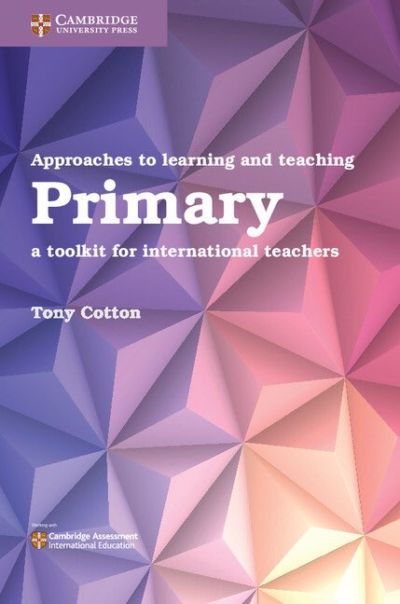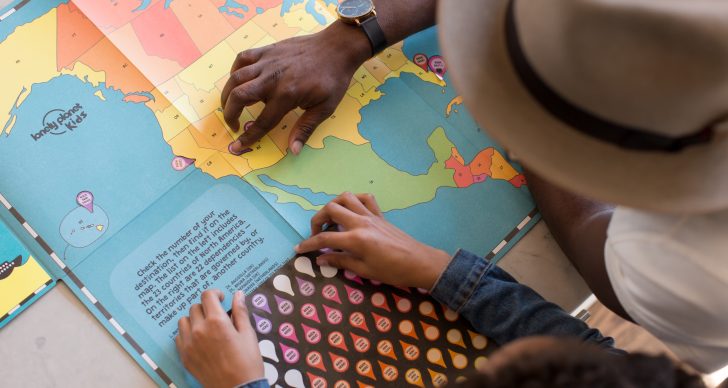What makes an educated person? Ask yourself that question. Even better think of someone you know who you would regard as educated. What aptitudes do they have? What skills and knowledge do you notice them using? I recently asked a group of 20 educators from across Latin America this question and they came up with this list:
- They continually question things
- They are persistent and resilient
- They are excited by learning
- They enjoy not knowing the answer
- They have a clear image of what they want to know
- They continue to work at something until they get an answer
- They are good communicators
This list is very similar to those that I have received in other countries and continents in which I have worked. This does not surprise me – neither does the fact that this list could apply to my five-year-old grandson. He is just starting primary school and my hope for him is that he will have teachers who support these aptitudes for learning rather than stifle them.
The follow-up question to the one above is, what kinds of teachers are needed to create educated people? And, of course, the list we produce is similar. Our inspirational teachers encouraged us to become inquisitive by asking interesting questions themselves. They talked about courses they had attended and shared their excitement of lifelong learning with us. Perhaps most importantly they showed us that they were still learning and that they were excited by learning.

I think that teachers in primary schools have an advantage over teachers in secondary schools. Primary teachers often tell me they chose to teach younger children as they want to teach children and not a subject. They describe themselves as generalists rather than specialists. This means that the teachers focus can be the learner and learning, rather than a specific subject. Of course, being a generalist brings with it a challenge: understanding how young children learn while at the same time understanding enough about each separate subject to enthuse and inspire learners in every area. However, it offers the opportunity to learn about those subjects we are less secure in alongside the learners. A colleague who teaches drama once used the phrase, ‘revelling in ignorance’ to describe that moment when we realise that we do not know something and that this opens up the possibilities for learning. This allows us to model the process of learning for our students.
This does not mean we should be bashful about sharing our expertise. We all have expertise in a particular curriculum area and should be proud to share this with our students. I once worked with a teacher who was in one of the finest brass bands in his country. I asked him if he had ever played for his class. He said, ‘No – I don’t want to show off.’ I persuaded him to bring in his tuba and he performed for us all. His class sat spellbound. They were incredibly proud of their teacher and several of them talked about instruments they were learning. Others excitedly discussed the instruments they would like to play. You could sense a shift in the relationship. The students were more motivated to learn from this teacher because they now saw him as an expert. He did not have to be an expert in everything – being an expert in one area was enough to inspire them.
So, if you are an artist, share your sketchbook and portfolio with your learners. If you are a historian, talk about your favourite period. If you are a scientist, discuss areas that particularly interest you and if you are a mathematician, share mathematical problems you are working on and talk to the students about them.

Tony Cotton is the author of Approaches to Learning and Teaching Primary. You can find out more about this and other titles in the ‘Approaches to Learning and Teaching’ series via the Cambridge University Press.





